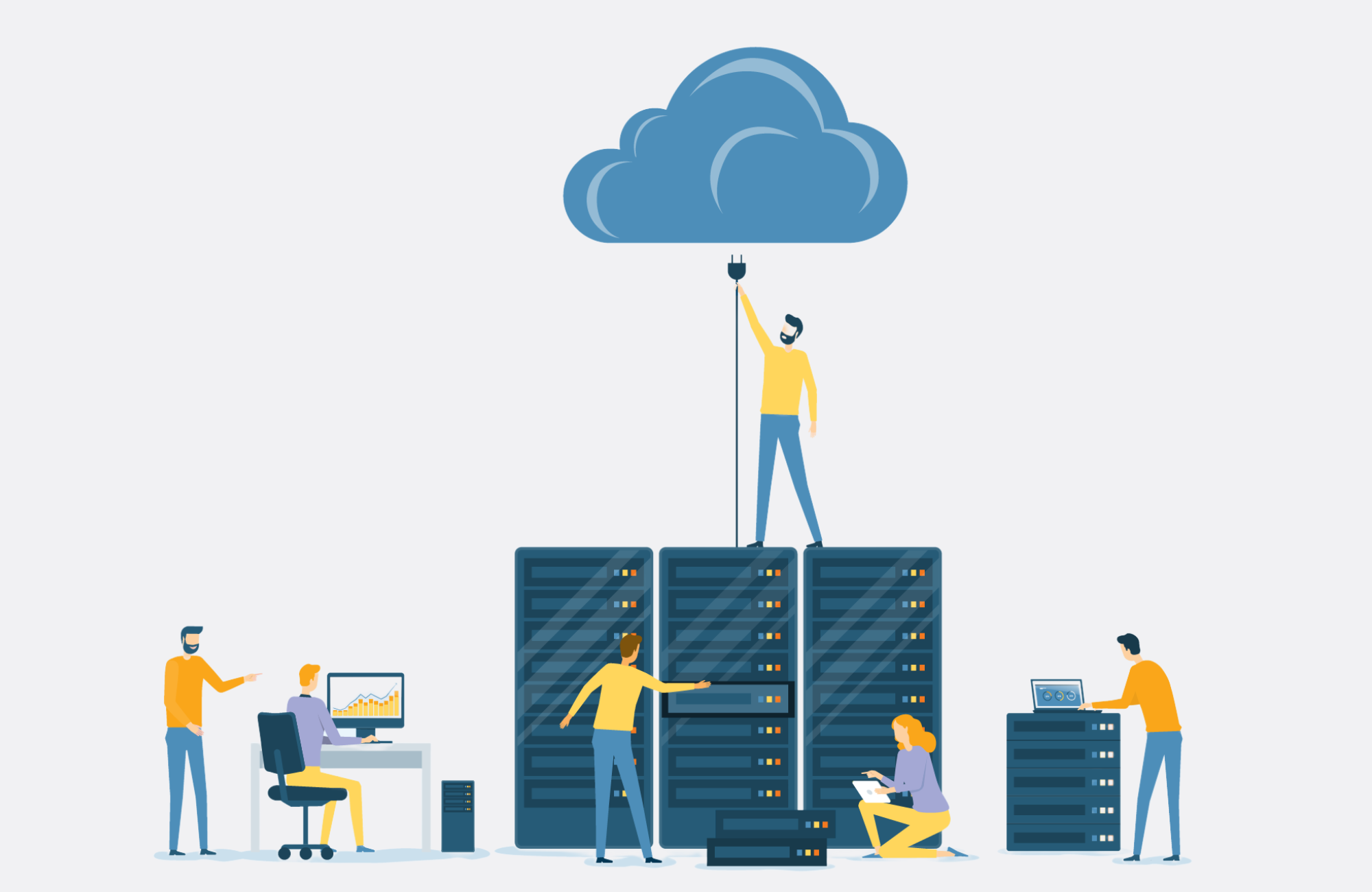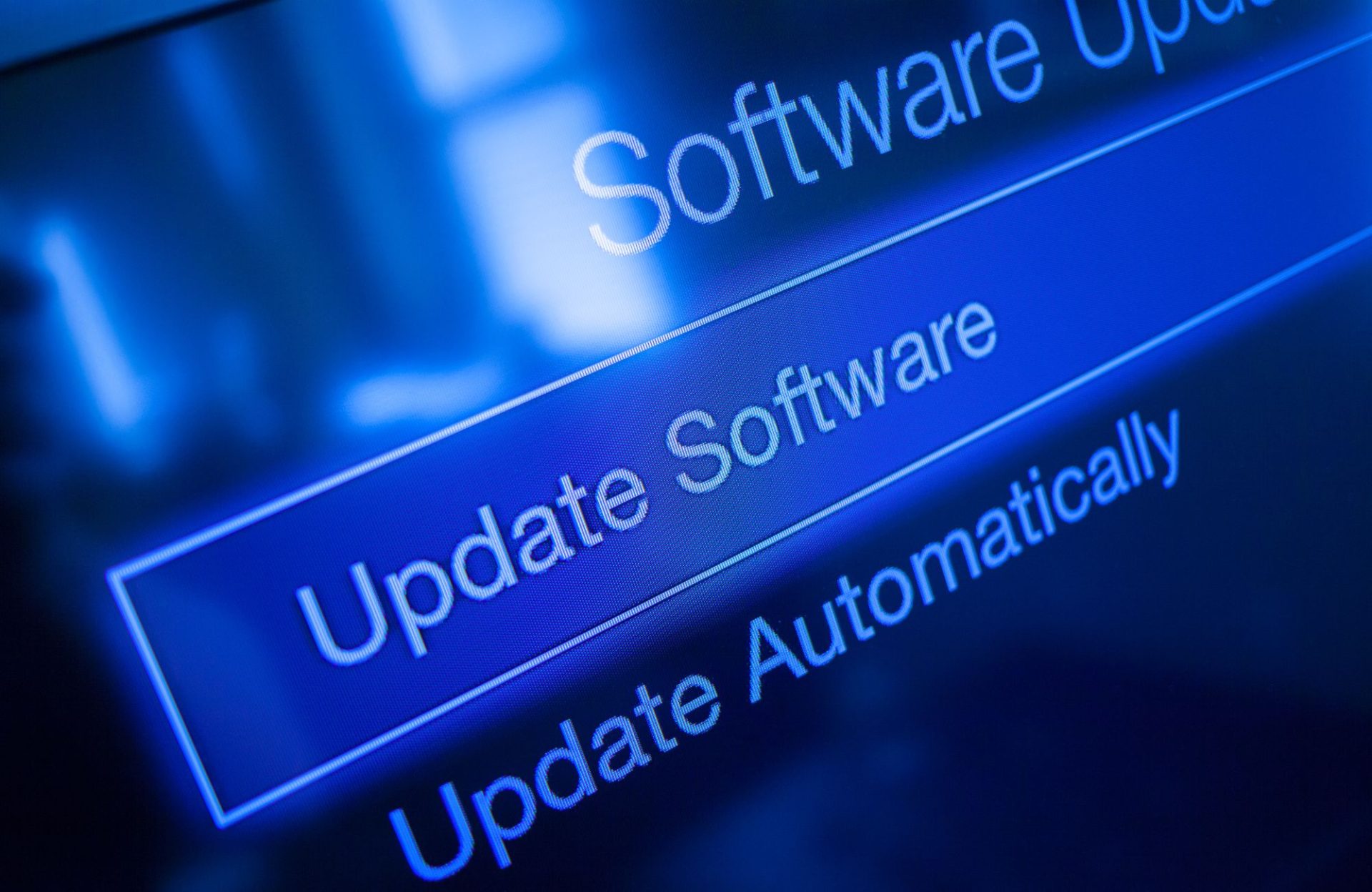As the newest member of the C-suite, the Chief Information Officer (CIO) is being tasked with finding solutions for legacy systems as well as discovering innovative solutions for new systems. With the advances in smart technology, the CIO is inundated with flashy, slick products that dazzle the mind with promises. Since Real Estate has been slow to embrace PropTech, a term used to describe the intersection of technology and real estate, citing cost implications and doubtful occupant experience, the key player to engage when projects involve smart solutions is the CIO.
With the Covid-19 Stay-At-Home Orders, PropTech has been driven forward on a faster track than pre-pandemic. Enhanced smart technology around thermometer screenings, face and gesture recognition, contactless entry, occupant tracking and much more will be part of the measures implemented to help people feel safe. PropTech will become integrated into buildings, new and existing as the Stay-At-Home Orders lift. Increased building automation may result from social distancing requirements.
Historically, IT would not have been included on the teams planning HVAC or other building system replacement, or on office space reorganization. But with the ever-increasing involvement of smart technology, and the latest trend in remote participation in business processes, the CIO’s valuable insight is necessary. With the urgent need for solutions, the CIO will offer expertise to successfully sort through new products brought to market by vendors hoping to capitalize on the increased need.
With every kind of product having smart technology components, the CIO will be the bridge between the existing computing infrastructure and the abilities of new equipment software to integrate. By participating in project goal setting and equipment selection, the CIO can increase the efficiency and productivity of the solution.
The CIO needs to be involved in office planning to guide organizations to better use of spaces to create holistic workplaces that contain products and technology that enhance the user experience. The CIO can identify unique pain points related to daily technology use that will add valuable insight during planning stages. Early involvement can positively affect wireless strategy, meeting room screen size, and audio leakage between spaces.
One of the major responsibilities of the CIO is cybersecurity. Protection has become much more complicated with work at home practices. The key will be consistency despite the use of various devices that may come into use. The Cloud has found relevance as a business risk mitigation due to the digital transformation of workplaces as well as education. CIOs will need to accelerate their digital strategies, develop better technology capabilities, evaluate technology partners, and study data-driven models to prioritize digital products and services.
More than ever before, project teams need to engage a depth of experience to provide wider insight into the myriad implications to overall operational efficiency and superior occupant experience for building projects of any type. The CIO is a key player, but a company without the resources to designate a dedicated team to researching product specifications and connectivity to existing products will find engaging a firm that can provide the vital support needed to ensure project success will be the best route forward. Partnering with a firm like Albireo Energy, whose product and platform expertise can enhance a well thought out plan to implement legacy system change or new installation, will provide that depth. Albireo can leverage their partnerships and nationwide network to offer solutions that will increase operating efficiency, reduce expenses and improve occupant experience while enhancing revenue. In the role of Master Systems Integrator (MSI), Albireo will engage with the CIO to take a holistic view of building operations.
To stay nimble during the quickly changing requirements of building spaces, stakeholders need to have a knowledgeable, reliable team ready to tackle challenges with speed and confidence so that their organization can maintain financial performance and stay strong through the present crisis.






